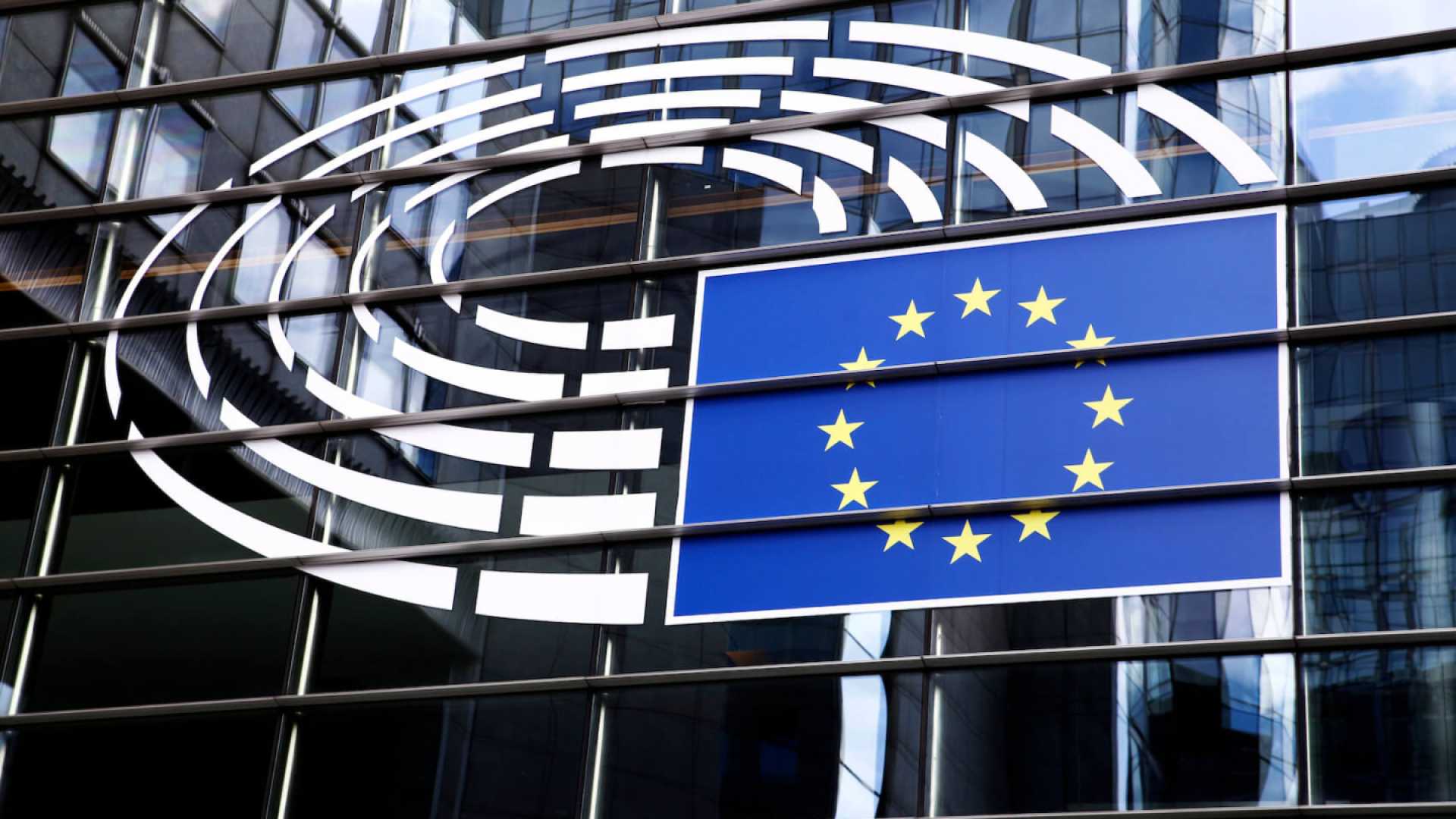Politics
Labour’s Senior Minister Warns Against Complacency Amidst Narrow Poll Lead

Senior cabinet minister, Pat McFadden, has advised the Labour Party to avoid overconfidence following its significant electoral victory in July. The Chancellor of the Duchy of Lancaster warned that the large majority achieved earlier this year does not guarantee success in the next general election, pointing to the volatile nature of modern politics.
McFadden’s comments were made in the introduction to a new report by the Social Market Foundation think tank, focusing on restoring trust in politics. “It would be a category error for anyone in politics to believe the size of the majority we were given on 4 July will somehow automatically translate into victory at the next election,” McFadden wrote in the report, as cited by LabourList. He further emphasized the need for the party to act on its mandate, stating, “We will only be trusted at the next election if we can show we have acted on the mandate we were given at the last election.”
The warning comes at a time when Labour’s lead in the polls has been narrowing. A recent poll by More in Common showed the Labour Party with only a one-point lead over the Conservatives. This follows a landslide victory in July where Labour secured 412 seats compared to the Conservatives’ 121, despite winning only 33.7% of the vote, the lowest for a party with a majority.
The report’s author, Dr. Steve Van Riel, a former Labour head of research and current head of trust development for Europe at Edelman, highlighted the importance of public trust. “It’s easy to say trust is important, it’s much harder to identify where trust matters most, and what we can do to increase it,” he stated, suggesting trust should be considered as seriously as economic growth and healthcare performance.
Public trust in government, according to Van Riel’s paper, is at a historical low, decreasing from 45% in 2021 to 30% in 2024. The report notes that politicians and governmental bodies are generally less trusted compared to other sectors.
The Labour Party’s dip in the polls comes amid contentious policies such as the winter fuel allowance cut, which has caused discomfort within the party. Additionally, the party has faced scrutiny over a “freebies controversy.” These factors contribute to the party’s current political challenges.
Within internal Labour circles, concern has also been expressed over the treatment and pay of special advisers, leading to some joining a union. Recent changes in leadership within the party’s operational structure, including the appointment of Morgan McSweeney as the new chief of staff, suggest moves towards addressing internal discontent.












